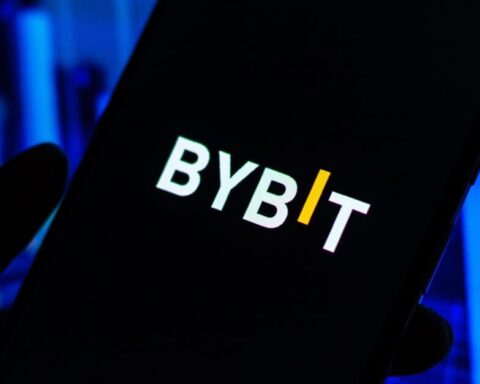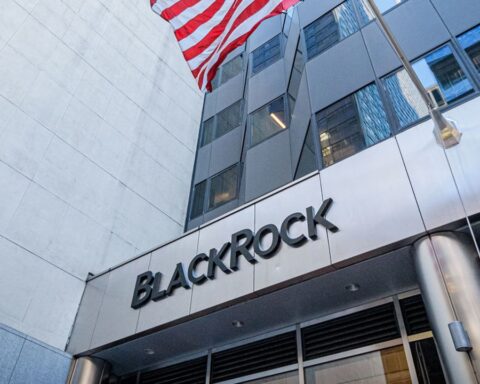Dabba, a decentralized physical infrastructure network (DePIN) aiming to connect underserved and unconnected populations with cheap wireless data, unveiled the launch of the purchase of Wi-Fi hotspots, making them available for users to buy worldwide. This will be the second campaign, following a successful testnet that saw over 1,500 hotspots distributed to rural and semi-urban areas in India.
The latest campaign will make over 10,000 Dabba Lite hotspots available for purchase across the globe, with a goal of selling over 100,000 in 2024. With the launch of the second season, Dabba is aligning its goals towards its vision to provide cheap and accessible internet services to underserved regions globally, the team statement reads.
Following the purchase, the hotspots can be deployed by network partners across India, expanding decentralized internet connectivity across the country and providing cheap internet access across rural and semi-urban areas. Moreover, the DePIN service helps in reducing data congestion in regions with high data demand.
According to the team statement, users can start purchasing the hotspots following the live launch of its DePIN service on May 23, 2024 – ahead of the planned token generation event (TGE) scheduled for July on the Solana blockchain.
The token will support the creation of a two-sided marketplace between data consumers and providers responsible for building and maintaining internet infrastructure. The token will power the Dabba ecosystem and also reward contributors and stakeholders helping the ecosystem run seamlessly.
Dabba is focused on India, a country that boasts the second-highest number of internet users, but only 44% of its residents have internet access. Most of the rural and semi-urban areas are underserved by incumbent data solutions. With their experience in offering internet services to underserved regions, Dabba selected India as their starting point for supplying decentralized internet services.
This follows previous roles for the company in the country such as powering Google’s public wifi deployments and a partnership with the Indian government to ensure the legislation is in place to support the rollout of its demand-based DePIN.
Fast progress in offering cheap internet
Since its launch, Dabba has been at the forefront of offering users fast and accessible internet services. The first season (its trial campaign) saw the company sell all 1,000 Dabba Lite hotspot devices within days following the launch. Via its DePIN infrastructure, millions of citizens across India have had access to affordable internet.
Since then, the company has sold and deployed 500 more hotspots and more than 15,000 unique devices connected in the process. Additionally, the hotspots have provided more than 390 TB of data via the DePIN infrastructure and grossed more than $4,500 in revenue from their customers. This aims to reduce data congestion and meet the growing demand for wi-fi users across the world’s most populous democracy.
In tandem with the season two rollout, Dabba users can now discover current data hotspots and view current network performance via the newly launched explorer. The explorer initially provides data for the Dabba testnet, which has been operational for the past two months.
Dabba elects to solve real-world problems
The launch of Dabba hotspots aims to solve the problem of a lack of accessible and affordable wireless data. With Dabba, users will have access to DePINs, which provide wireless data and access to Web 3 features such as tokenization. The latest tokenization features will open up the ecosystem to more users, ensuring a genuine demand for its service and a viable business model that can scale to match demand.
To bootstrap adoption to the platform, Dabba is incentivizing early users (those who join before the TGE event) with enhanced Genesis rewards. Additionally, the platform will empower over 150,000 Local Cable Operators (LCO) that operate as micro-ISPs across India, providing an unrivalled high-speed network across the country.




